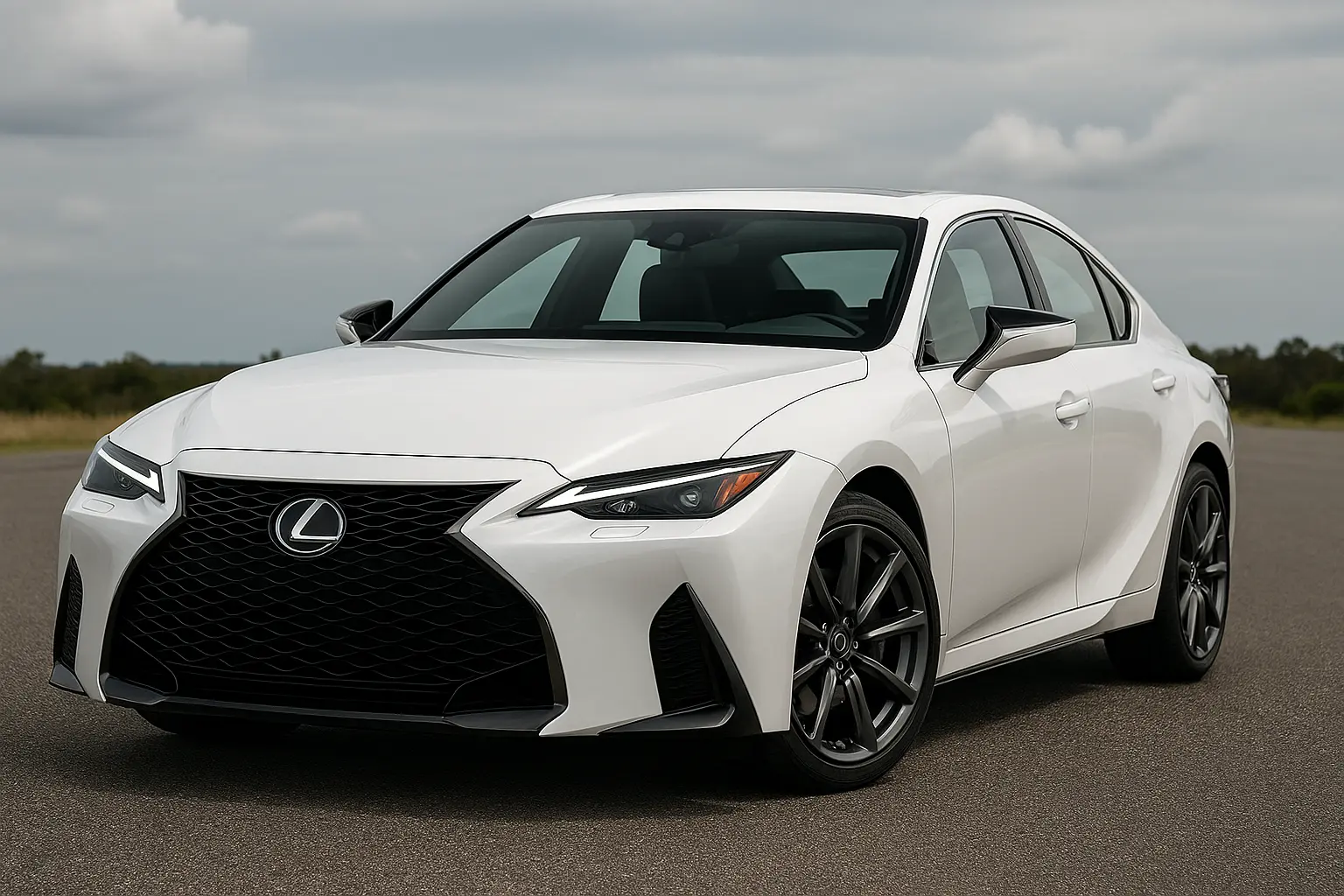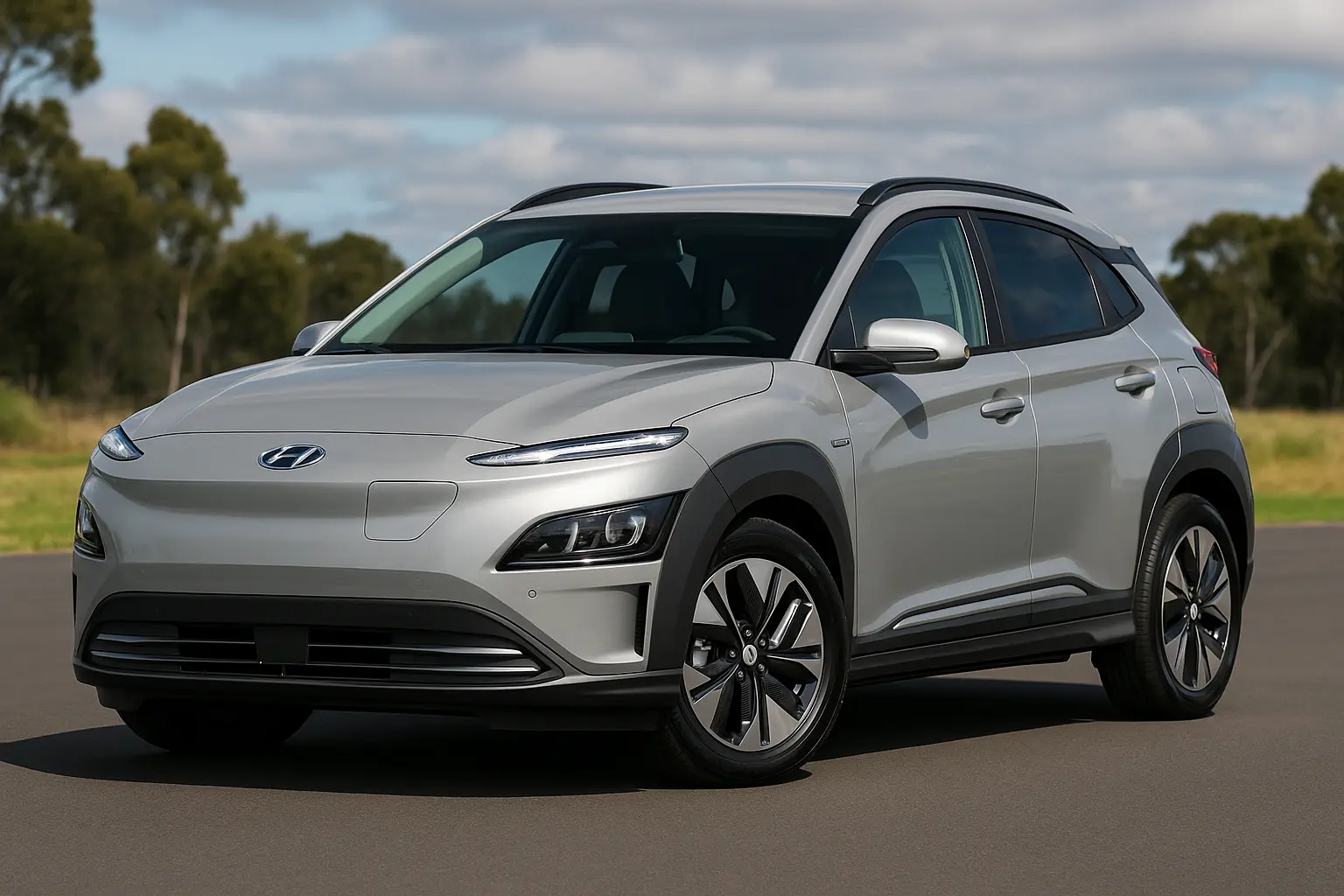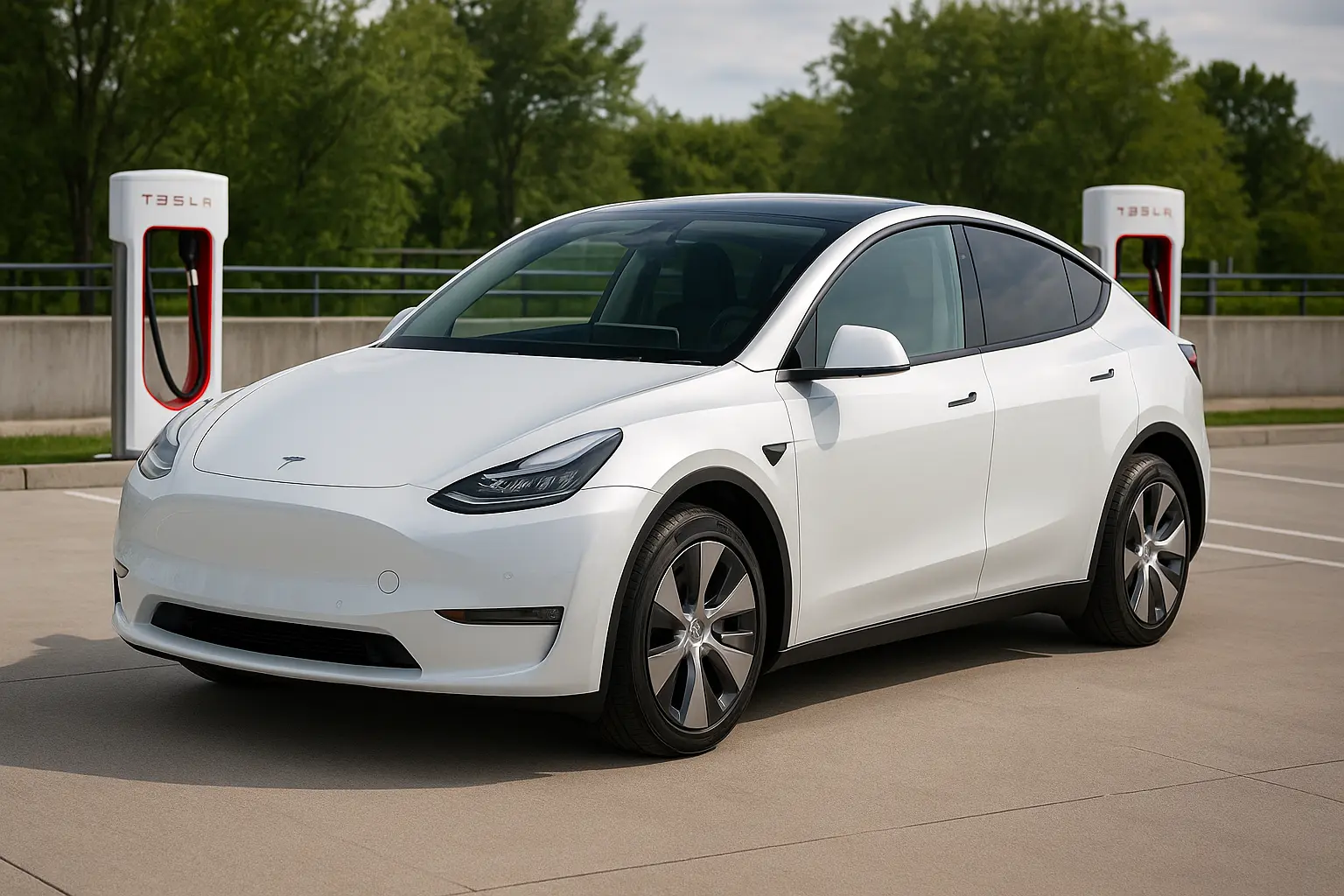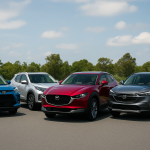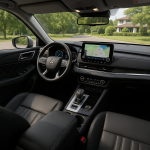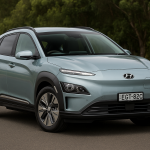Luxury cars often evoke images of seven-figure supercars, hand-stitched leather interiors, and roaring V12 engines reserved for the elite. But in 2025, the landscape of Australia’s luxury car market has shifted dramatically. Today, prestige is no longer synonymous with financial extravagance. From German sedans to Japanese hybrid SUVs and emerging electric brands, Australians have access to vehicles that balance comfort, technology, and performance—all while staying under the $100k mark.
This guide explores what “affordable elegance” really means in the Australian automotive scene. We’ll cover the best 2025 luxury sedans, SUVs, and EVs under $100k, break down the features that define luxury, and help you identify which model fits your lifestyle.
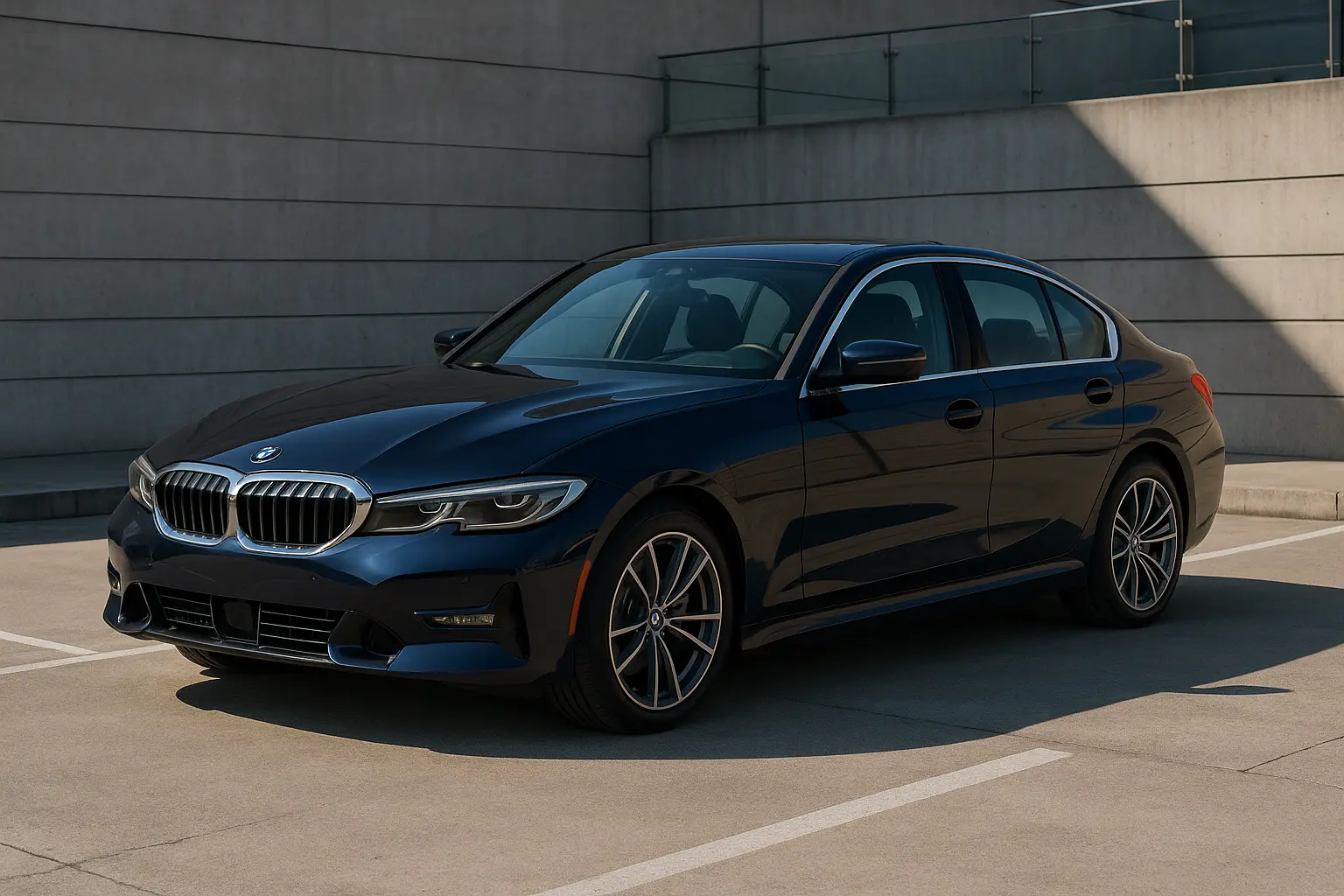
What Defines a Luxury Car?
Luxury is more than just a badge. Several factors elevate a car from mainstream to luxury:
- Premium Interiors: Leather upholstery, real wood or metal trim, advanced climate controls, and customisable seating.
- Advanced Technology: Larger infotainment systems, digital driver displays, AI-assisted driving, and next-gen safety features.
- Performance Engineering: Refined engines, hybrid and electric drivetrains, superior suspension systems, and precise handling.
- Brand Prestige: Iconic marques like BMW, Mercedes-Benz, Lexus, Audi, and Porsche continue to define expectations.
- Ownership Experience: Better warranty packages, exclusive servicing, concierge programs, and roadside support.
While ultra-luxury cars exceed $200k, vehicles under $100k still deliver strong doses of this experience—without draining your bank account.
Why $100k Is the Sweet Spot
For many Australians, $100k represents the perfect threshold. It’s a price point that unlocks access to premium European and Japanese brands, while still being attainable for dual-income households or successful professionals. At this level, compromises are minimal—you’re not stuck with base models. Instead, you’re looking at mid-to-upper trims with advanced safety suites, larger wheels, panoramic sunroofs, and luxurious touches inside the cabin.
Finance and insurance also become more manageable. Luxury brands often offer fixed-price servicing, capped maintenance plans, and even subscription-style ownership models for cars in this range.
Best Luxury Sedans Under $100k
BMW 3 Series (2025)
The iconic 3 Series remains a benchmark for luxury sedans. In 2025, it combines agile performance with a plush interior and an impressive technology suite. With the 330i priced well below $100k, buyers enjoy BMW’s driving dynamics alongside features like wireless Apple CarPlay, advanced driver assists, and crafted cabin finishes.
Mercedes-Benz C-Class (2025)
The C-Class brings S-Class-inspired luxury into a more compact package. With prices starting in the low $80k range, Australians get a sleek design, immersive ambient lighting, and cutting-edge MBUX infotainment. The C200 and C300 trims balance fuel efficiency and performance.
Audi A4 (2025)
Audi’s mastery of understated elegance shines in the A4. With Quattro all-wheel drive, minimalist interiors, and impeccable build quality, the A4 continues to attract professionals who want both status and subtlety.
Lexus ES 300h
For those preferring hybrid efficiency, the Lexus ES blends Japanese reliability with luxurious leather seating and whisper-quiet cabins. At around $70k–$80k, it’s one of the most dependable luxury sedans in its class.
Best Luxury SUVs Under $100k
SUVs dominate Australia’s luxury market. Families, couples, and adventurers all want the blend of comfort and practicality that SUVs bring—without sacrificing prestige.
BMW X3
Starting in the mid-$80k range, the BMW X3 offers versatile powertrains, sporty driving, and an upscale cabin. With optional M Sport packages, it appeals to those who want performance baked into practicality.
Mercedes-Benz GLC
A crowd-favourite, the GLC combines striking design with technology inherited from larger Benz models. Plush seating, widescreen infotainment, and semi-autonomous driving functions make it a serious contender.
Audi Q5
The Q5 remains one of Australia’s best-selling luxury SUVs. Priced comfortably under $100k, it offers Quattro grip, smooth suspension, and a premium sound system that elevates every road trip.
Lexus NX Hybrid
For eco-minded buyers, the NX Hybrid delivers on style and sustainability. Its hybrid efficiency makes it ideal for city commuting, while sharp lines and refined interiors position it as a stylish urban choice.
The Rise of Affordable Luxury EVs
Australia’s EV market has accelerated, and luxury EVs under $100k are now mainstream.
Tesla Model 3 (2025)
With updates for 2025, the Model 3 offers improved range, sharper styling, and access to Tesla’s Supercharger network. Its minimalist interior and over-the-air software updates ensure it feels futuristic.
Polestar 2
Polestar, Volvo’s luxury EV brand, has quickly gained traction in Australia. The Polestar 2 combines Scandinavian design, advanced Google-based infotainment, and competitive pricing starting under $80k.
BYD Seal
Chinese automaker BYD has disrupted the EV scene with its Seal sedan. Offering premium interiors, strong acceleration, and an impressive warranty, the Seal challenges Tesla head-on—all under $70k.
Features That Matter in 2025
When shopping for luxury under $100k, these are the features Australian buyers value most:
- Safety: Advanced driver-assistance systems (ADAS), 5-star ANCAP ratings, blind-spot monitoring, lane-keep assist.
- Connectivity: Wireless smartphone mirroring, large infotainment displays, built-in voice assistants.
- Comfort: Heated and ventilated seats, customisable driving modes, acoustic glass for noise reduction.
- Efficiency: Hybrids and EVs are no longer niche—they’re mainstream, offering lower running costs.
- Resale Value: Brands like Lexus, BMW, and Mercedes hold value better, especially when backed by capped servicing.
The Australian Luxury Car Buyer Profile
Buyers of sub-$100k luxury cars often share common traits. They want a step up from mainstream brands like Toyota or Hyundai but don’t necessarily crave the flash of supercars. Many are professionals, small-business owners, or families upgrading to a premium experience. Increasingly, buyers are under 40, valuing tech integration and sustainability just as much as brand prestige.
Finance and Ownership Considerations
Buying a luxury car under $100k is not just about the sticker price. Australians must factor in:
- Insurance: Premiums are higher, but shopping around can yield competitive rates.
- Servicing: Many luxury brands now offer prepaid service packages.
- Warranty: Lexus leads with 5-year coverage, while others match or extend with promotional offers.
- Running Costs: EVs and hybrids offer significant long-term savings compared to petrol or diesel.
Future Trends in Affordable Luxury
As we move into the late 2020s, expect:
- More electric SUVs under $100k.
- Wider subscription ownership models where you can swap cars.
- Advanced AI driving assistance filtering into mainstream trims.
- Greater brand competition from Chinese and Korean automakers pushing luxury features at lower prices.
Conclusion: Affordable Elegance Is Here
Luxury cars in Australia no longer demand an astronomical budget. With options spanning sedans, SUVs, and EVs under $100k, buyers can experience craftsmanship, technology, and prestige that used to cost double. Whether you’re drawn to a German badge, Japanese reliability, or the new wave of electric sophistication, 2025 offers a wealth of choice.
The future of luxury is not exclusive—it’s inclusive, offering Australians the ability to enjoy affordable elegance without compromise.
Leave a comment
Your email address will not be published. Required fields are marked *


